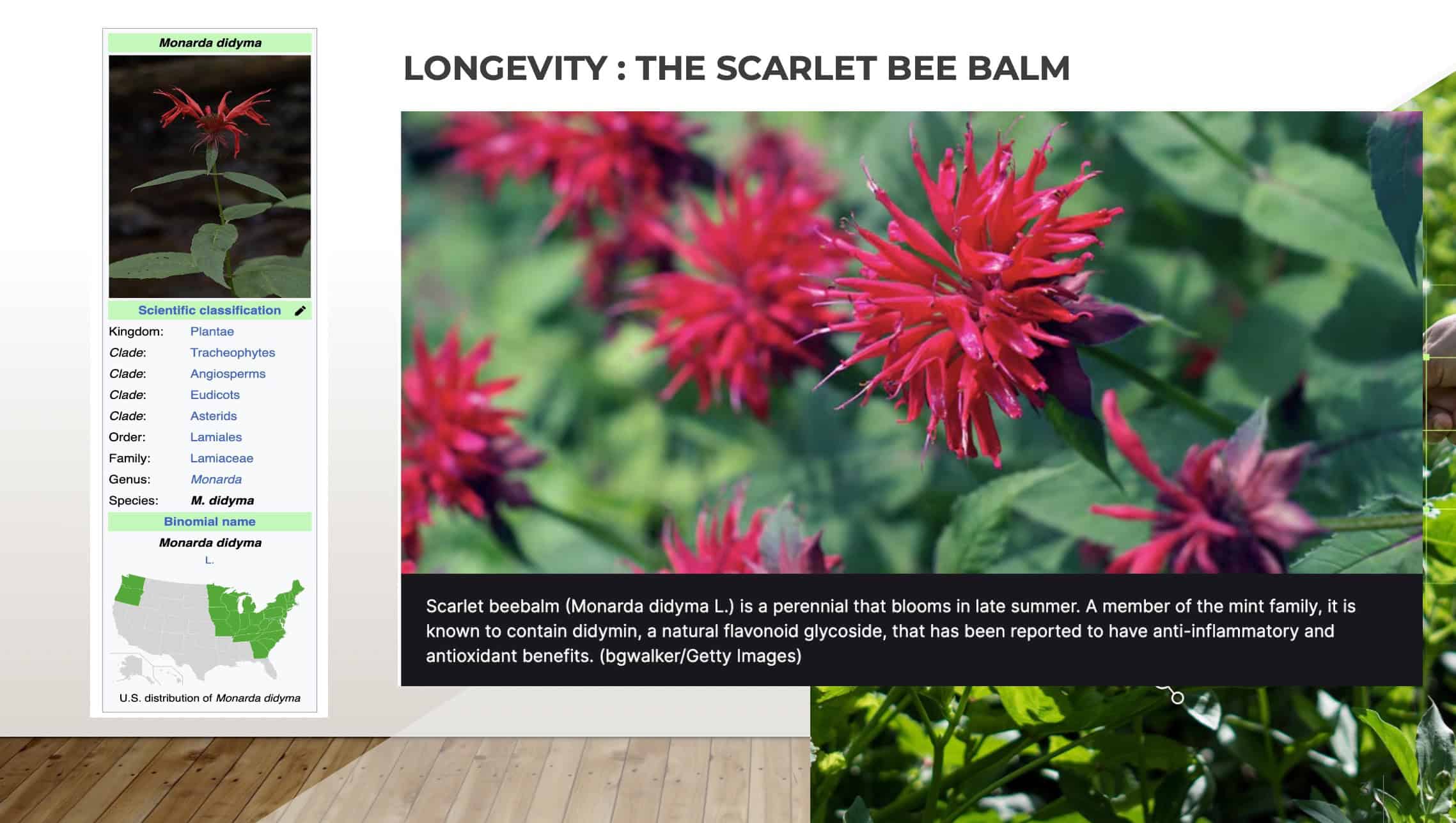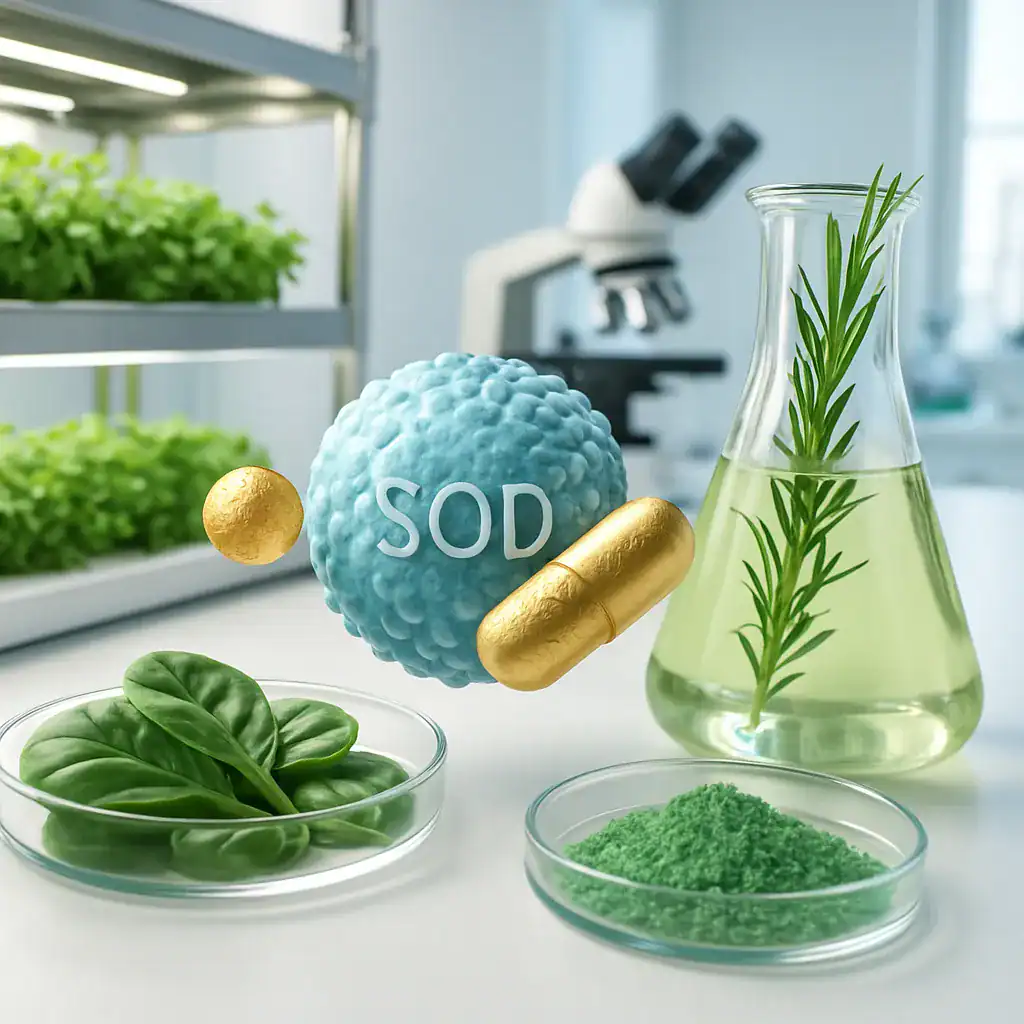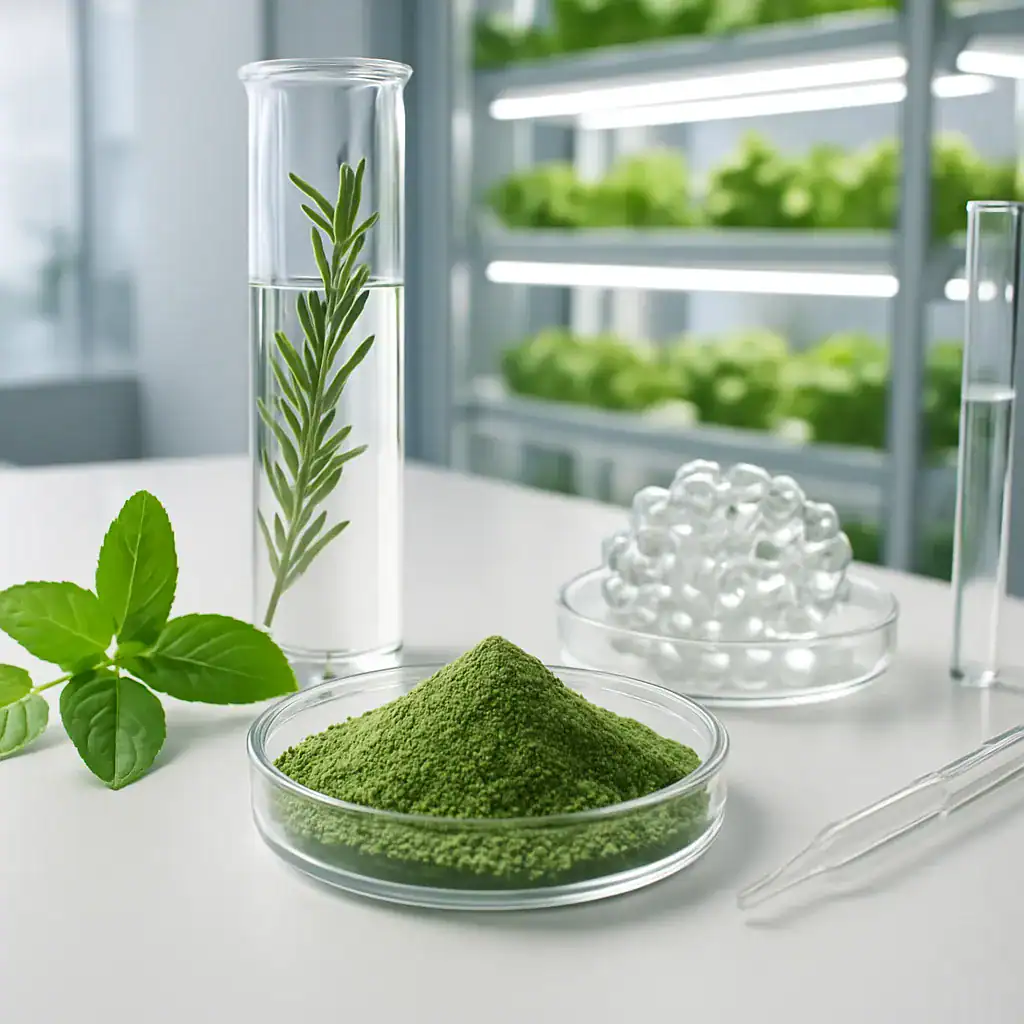Why More Brands Are Switching to Sustainable Herbal Extraction Methods
Understanding the Power of Nature’s Defense Systems
When it comes to garden protection, organic pest control methods represent more than just an alternative to synthetic chemicals—they embody a holistic approach to plant health that mirrors natural ecosystem functions. You might wonder why so many gardeners and farmers are transitioning to these natural solutions. The answer lies in the remarkable defense mechanisms that plants have developed over millions of years of evolution.
Plants naturally produce various compounds to protect themselves against pests and diseases. These bioactive compounds—polyphenols, alkaloids, terpenoids—function as the plant’s immune system. By understanding and harnessing these natural defense mechanisms, we can develop more effective and sustainable pest management strategies that don’t rely on synthetic pesticides.
Have you ever considered that the solution to your garden pest problems might already exist within the plant world itself? That’s the foundation of organic pest control—working with nature rather than against it. This approach not only protects your plants but also preserves beneficial insects, soil microorganisms, and ultimately, your own health.
The Science Behind Natural Pest Management
Bioactive Compounds as Nature’s Pesticides
Plants have evolved sophisticated defense mechanisms over millions of years. When we examine the molecular structure of many effective organic pest deterrents, we find complex bioactive compounds that target specific pest metabolic pathways without harming beneficial organisms.
For example, neem oil contains azadirachtin, a compound that disrupts insect growth and reproduction cycles rather than acting as a broad-spectrum poison. This targeted approach means you can control aphids, whiteflies, and other common garden pests while preserving ladybugs, bees, and other beneficial insects essential for pollination and natural pest control.
Exosome-Based Delivery Systems: The Future of Organic Pest Control
The cutting-edge of organic pest management involves understanding how plants naturally deliver their protective compounds. Plant-derived exosomes—tiny vesicles that transport bioactive molecules—represent a revolutionary development in this field. These natural nanocarriers enhance the effectiveness of organic pesticides by improving their absorption and targeted delivery.
But what does this mean for your garden? Essentially, exosome-based organic pest control methods can provide more effective protection with smaller amounts of natural compounds, reducing the frequency of application while maximizing results.
Implementing Organic Pest Control in Your Garden
Companion Planting: Nature’s Strategic Defense
One of the most accessible organic pest control methods involves strategic plant placement. Certain plants naturally repel specific pests or attract beneficial insects. For instance, marigolds release compounds that deter nematodes, while nasturtiums act as trap crops for aphids, drawing them away from your valuable vegetables.
You can create a natural defense network in your garden by interplanting aromatics like basil, mint, and rosemary among your vegetables. These herbs contain volatile oils that confuse and repel many common garden pests while attracting pollinators and predatory insects that feed on pests.
Biological Control: Recruiting Nature’s Allies
Have you considered that your garden already contains potential allies in pest management? Ladybugs, lacewings, predatory wasps, and birds all feed on common garden pests. By creating habitats that attract these natural predators—such as planting diverse flowering species, installing bird baths, or maintaining undisturbed areas—you establish a self-regulating ecosystem that naturally controls pest populations.
This approach connects directly to the concept of superoxide dismutase (SOD)—an enzyme found in many plants and animals that helps protect cells from oxidative stress. Plants with higher SOD levels often show greater resistance to pests and diseases, demonstrating how strengthening natural defenses can reduce the need for external interventions.
The most effective organic gardens don’t just eliminate pests—they build resilient ecosystems where beneficial organisms thrive and help maintain balance. That’s the true essence of sustainable pest management: working with natural systems rather than fighting against them.
Our Key Areas of Expertise

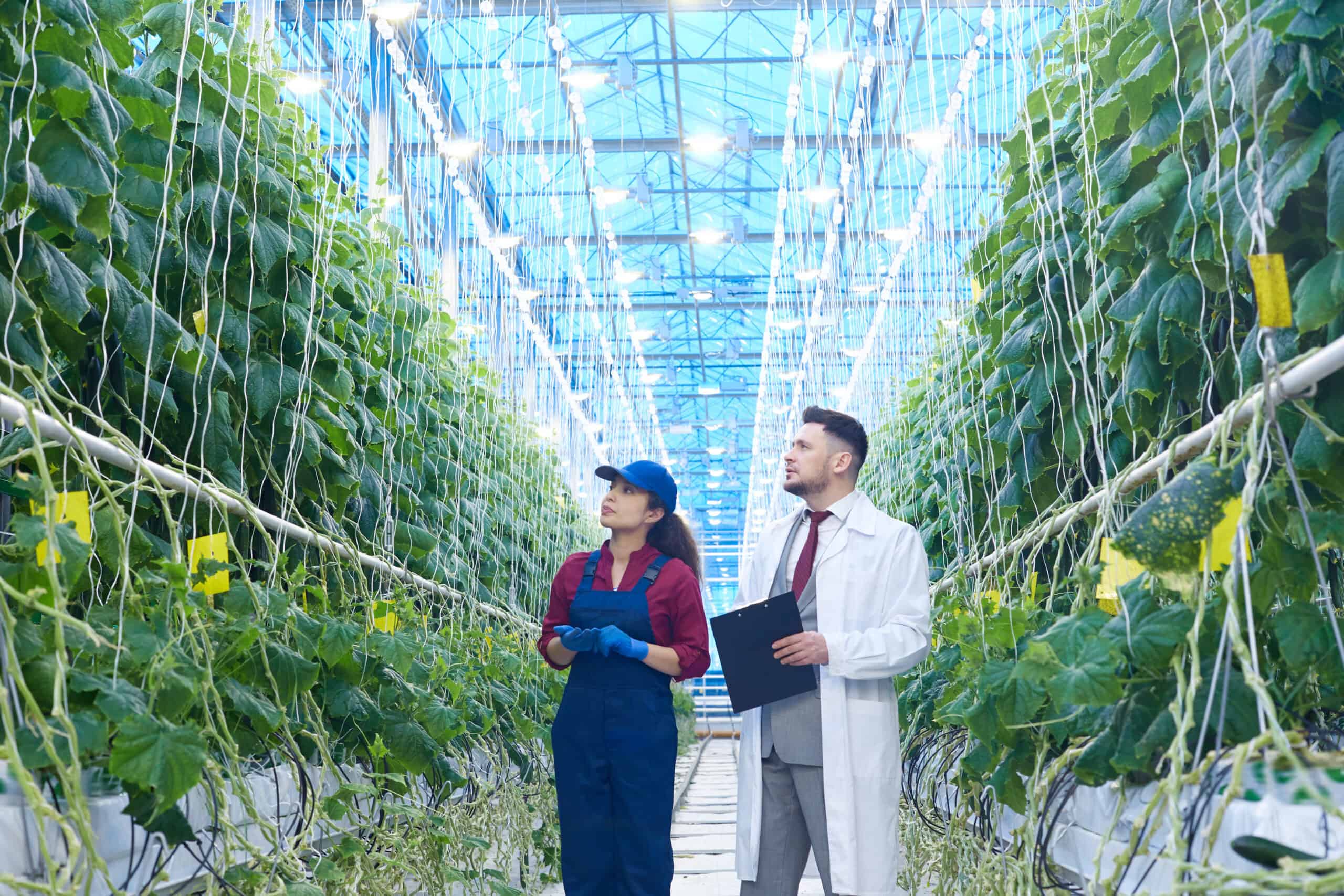

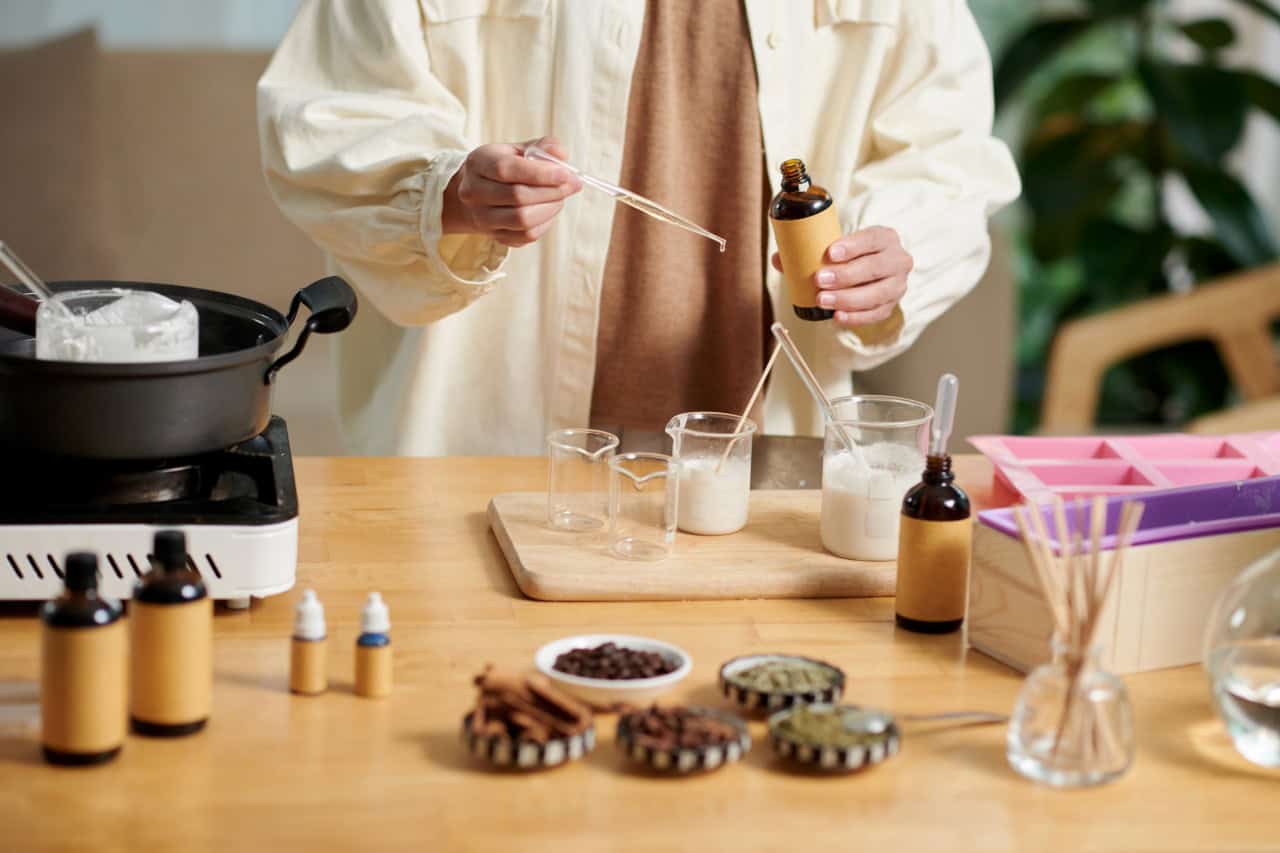
The Interconnected Web: How Organic Pest Control Enhances Health and Sustainability
The Soil-Plant-Human Health Connection
When you implement organic pest control methods in agricultural settings, you initiate a cascade of positive effects that extend far beyond simply protecting plants from unwanted insects. This approach fundamentally alters the biochemical composition of both soil and harvested products, creating a more resilient and nutrient-rich food system.
The soil represents a living ecosystem containing billions of microorganisms that directly influence plant health and nutritional content. Chemical pesticides disrupt this delicate balance, reducing microbial diversity and impairing nutrient cycling processes. In contrast, organic approaches like companion planting and biological control enhance soil biodiversity, leading to improved mineral uptake in plants and, consequently, more nutritious food products.
This enhanced nutritional profile directly impacts both physical and mental health through multiple pathways:
• Higher antioxidant content in organically grown foods helps combat oxidative stress • Increased polyphenol levels support brain health and cognitive function • Greater mineral density provides essential cofactors for enzymes involved in neurotransmitter production • Absence of pesticide residues reduces toxic burden on liver and neurological systems
Plant-Based Nanotechnology: Bridging Pest Control and Nutraceutical Delivery
The fascinating connection between organic crop protection and human health extends into the realm of advanced bioactive delivery systems. The same mechanisms plants employ to distribute protective compounds throughout their tissues are now being adapted for nutraceutical applications through plant-derived exosomes.
These natural nanocarriers represent a revolutionary advancement in both fields:
| Application Area | Function in Pest Control | Function in Nutraceuticals |
|---|---|---|
| Delivery System | Transports natural pesticides to plant tissues | Enhances bioavailability of health-promoting compounds |
| Protection Mechanism | Shields bioactive compounds from environmental degradation | Protects nutrients from digestive enzymes |
| Targeting | Directs defense compounds to vulnerable plant areas | Facilitates targeted delivery to specific body tissues |
| Efficacy | Increases potency of natural pest deterrents | Improves absorption and utilization of supplements |
You might be surprised to learn that the knowledge gained from studying how plants naturally defend themselves against pests has directly informed the development of more effective delivery systems for bioactive compounds in health supplements. This cross-disciplinary approach has significantly advanced the field of nutraceuticals, particularly in areas related to inflammation control and cellular protection.
Vertical Farming: Revolutionizing Both Pest Management and Nutritional Quality
Vertical farming represents perhaps the most complete integration of organic pest control with nutritional enhancement technologies. By creating controlled growing environments, this approach eliminates many traditional pest pressures while simultaneously optimizing plant growth conditions.
The controlled nature of vertical farming facilities allows for precise implementation of organic pest management strategies:
• Physical barriers prevent pest entry without chemical interventions • Beneficial insects can be introduced in carefully managed ratios • UV light treatments provide non-chemical pathogen control • Strategic airflow patterns minimize fungal disease development • Controlled humidity levels reduce conditions favorable for many pests
These pest management advantages translate directly into nutritional benefits in the harvested crops. Plants grown under optimal conditions without pest stress produce significantly higher levels of protective phytochemicals, including flavonoids, carotenoids, and phenolic acids—all compounds with documented health benefits for humans.
The precise environmental control in vertical farming also allows for optimization of specific bioactive compounds. For example, controlled light spectrum manipulation can increase production of superoxide dismutase (SOD), a powerful enzyme that helps neutralize harmful free radicals in both plants and humans. When you consume foods rich in SOD, you gain enhanced protection against oxidative stress, supporting everything from joint health to cardiovascular function.
Sensory Enhancement: The Unexpected Connection Between Taste and Compliance
An often overlooked aspect of organic pest management is its impact on the sensory qualities of food and supplements. Plants grown under organic conditions typically develop more complex flavor profiles due to their natural defensive adaptations. This enhanced taste experience directly relates to the work being done with masking agents in nutraceutical formulations.
Many bioactive compounds with significant health benefits have inherently bitter or unpleasant tastes—often the very same compounds that plants produce to deter pests. Understanding how to address these sensory challenges represents a critical intersection between agricultural practices and supplement formulation.
The natural compounds that make organically grown plants resilient against pests often contribute to their distinctive flavors and aromas. By studying these complex phytochemical profiles, researchers have developed improved aroma neutralizing technologies that can make health-promoting supplements more palatable without resorting to artificial flavors or excessive sweeteners.
This sensory optimization significantly impacts supplement efficacy through improved compliance—even the most potent bioactive compound cannot provide benefits if consumers find it too unpleasant to take regularly. The knowledge gained from organic agricultural systems has thus contributed directly to making health supplements more effective by making them more acceptable from a sensory perspective.
R&D Consultancy
Discover how PhNóva’s R&D Consultancy can help transform your idea into a market-ready solution — with expert support in formulation, regulatory compliance, and innovative delivery systems to give your product a competitive edge.
FAQ's about Why More Brands Are Switching to Sustainable Herbal Extraction Methods
Get in Touch with PhNóva
Have questions or need expert guidance? Contact us today — our team is ready to assist you with tailored solutions for your formulations.

31/03/2025



